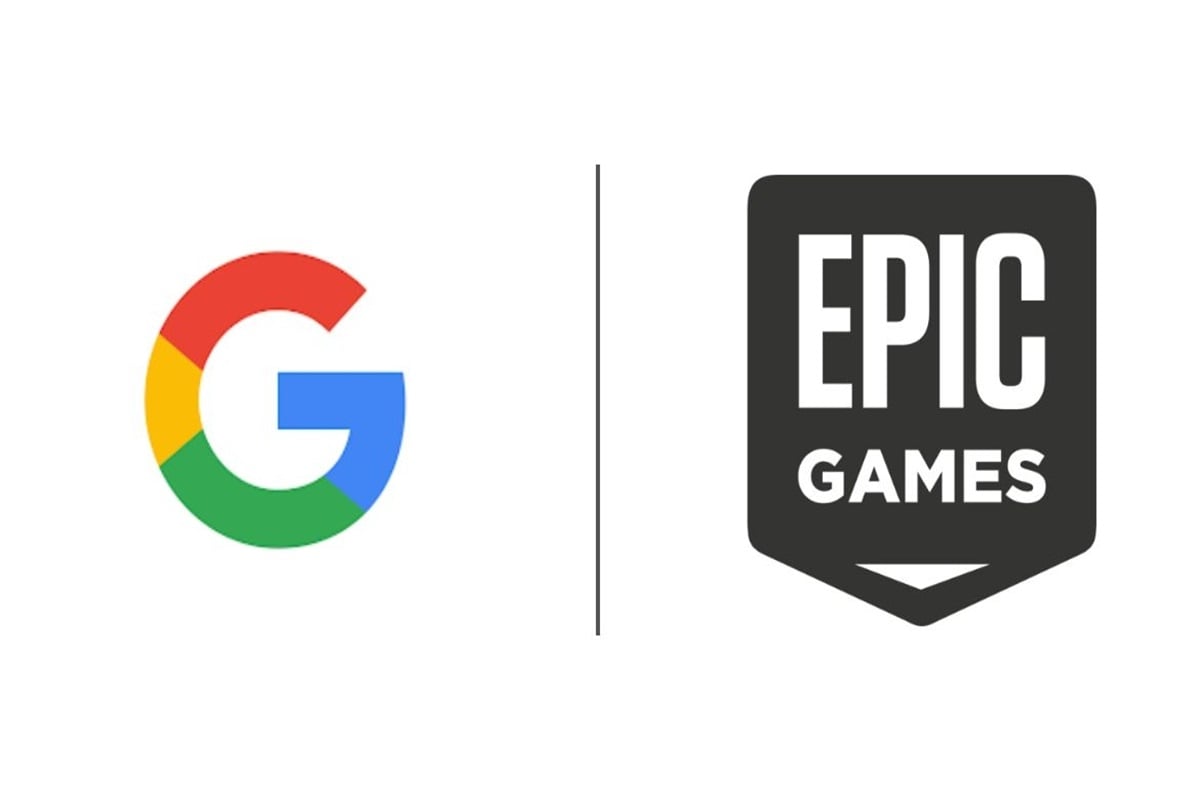Google’s dominance in the market with the Play Store has raised concerns, as recently highlighted by a US court. This could lead to positive outcomes for users, such as access to a wider range of high-quality apps at lower prices.

To comply with the court’s decision, Google will have to stop charging fees to other apps. Currently, Google earns revenue from developers in three main ways. Firstly, it takes a 30% cut from every app sale. For instance, if you purchase a camera app for nine dollars, Google takes three dollars. Secondly, Google takes 15% of monthly subscription fees for apps like language learning or fitness programs. Lastly, Google also earns from in-app purchases, taking another 30%.
Google’s Play Store holds a monopoly on app distribution for Android devices, as there is no other platform like it. However, the recent court ruling could disrupt this monopoly.
The APK Store has accused Google of running an illegal monopoly with its app store. A recent ruling favored Epic Store in a similar case. While the amount paid to developers remains the same, the APK Store believes this ruling will foster competition, leading to more innovations in the market.
Google’s Play Store has long been the go-to platform for Android users to download apps and games. However, concerns over Google’s dominance in the market have been growing, and a recent ruling by a US court has shed light on these issues.
The court’s decision could have significant implications for both developers and users. Developers, especially smaller ones, may benefit from reduced fees and increased competition in the app marketplace. This could lead to more innovative and diverse apps being available to users at lower prices.
For users, the ruling may mean greater choice and affordability when it comes to accessing apps and services on their Android devices. With Google being forced to stop charging fees to other apps, users could see a wider range of apps being offered for free or at discounted rates.
However, some experts caution that while the ruling may promote competition in the short term, it could also lead to fragmentation in the Android app ecosystem. Without a centralized platform like the Play Store, users may find it more challenging to discover and access the apps they need.
Leave a Reply